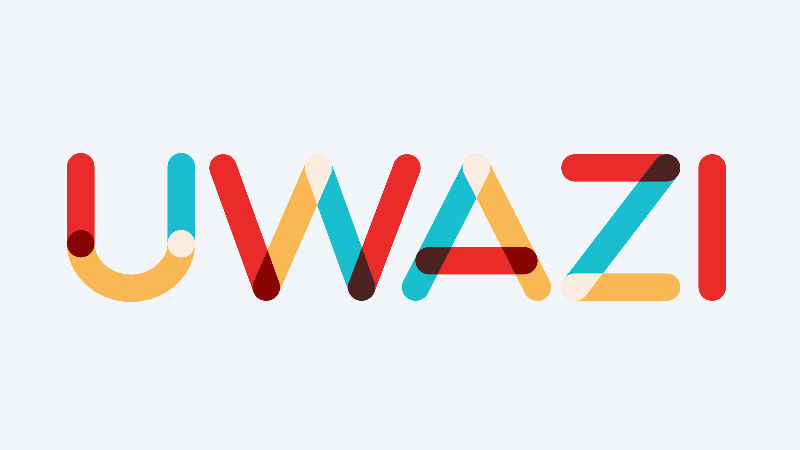We’re happy to announce new features in Uwazi!
What’s Uwazi? It’s our flexible web-based platform for organising and analysing human rights information.
Version 1.6 comes with functionality that increases security, collaboration and efficiency — key attributes for any human rights project, whether it’s curating a public collection of documents or privately logging the essential details of a rights violation.
It also includes many bug fixes, about which you can read more on GitHub.
If you self-host an Uwazi collection, make sure your Uwazi dependencies are up-to-date and follow the upgrade instructions to get the latest code up and running. If HURIDOCS is the host of your collection, don’t worry: you’re already set with these updates.
And if you’re interested in using Uwazi for the first time, please get in touch!
New features
CSV import
You can now upload data and documents in bulk to Uwazi.
Why does it matter? Adding entries one by one to a database steals away time that could be better spent on other tasks, like advocacy. This also makes it easier to start using Uwazi for the first time, if you previously relied on spreadsheets or another database tool that allows you to export your data.
Two-factor authentication
You can use either Authy or Google Authenticator to give curators and editors of your Uwazi collection an extra layer of security, beyond a password.
Why does it matter? Human rights defenders are often at risk of having their accounts compromised through phishing and other attacks. This feature significantly enhances protection.
Activity log
Administrators of an Uwazi collection can track who created, updated or deleted information and when.
Why does it matter? Maintaining the accuracy and consistency of data is critical in any collection — and even more so when justice and human dignity are on the line. This feature helps you do just that.
Public forms
You can quickly create a public form, through which users can submit data or feedback for your review.
Why does it matter? This feature makes it easier to work with volunteers or crowdsource input. After all, the human rights movement is strengthened by collaboration, because no one has a monopoly on knowledge.
Bar charts with arbitrary data
You can create a bar chart based on data that doesn’t come directly from your Uwazi collection.
Why does it matter? Context is important, and this feature allows you to add it to the human rights stories that your Uwazi collection is telling, using more static data.
Privacy cookie pop-up
You can activate a notice that informs visitors that your site uses cookies, as required by the European Union’s privacy legislation.
Why does it matter? Privacy is a fundamental right and users should know how their data is used.
Custom sorting in thesauri
Administrators can choose to sort their list of terms however they want, instead of Uwazi’s default alphabetical sorting.
Why does it matter? Having more flexibility makes it easier for administrators to improve their collection.
Inherit properties
You can now display a property on more than one entity in your collection, without having to input the same data twice.
Why does it matter? Duplicate work is time wasted and a potential source of error, and for human rights defenders especially, time is already a scarce resource.
Better management of document languages
Uwazi now supports documents in languages not configured as user interface languages. Also, users can read these documents without switching their interface language.
Why does it matter? Human rights work is not the exclusive domain of any one language.
Interoperability with other tools
Integration with Digital Evidence Vault
Digital Evidence Vault is a browser plugin that allows you to capture copies of online content in a way that promotes its admissibility as evidence in a legal process. With this integration, the content then shows up in an Uwazi collection, where users can organise and analyse with greater flexibility.
Why does it matter? Digital content is playing an increasingly important role in human rights investigation. This integration allows you to streamline workflows by making it easier to use specialised tools together.
Technical improvements that impact system administration
Metadata object/API
We’ve changed our internal architecture for storing metadata in order to be used as the base for a series of performance refactors that are under production. This has impacted the API, introducing some extra validation and specs, meaning there may be breaking changes.
Elasticsearch upgrade
We upgraded Elasticsearch to version 7.4 and MongoDB to version 4.0.3. Please check the dependencies and upgrade section in case you are self-hosting and need to upgrade your infrastructure.
Custom JavaScript in pages
Uwazi pages now support adding JavaScript code to be executed on the client side. Since this code can access the API of the instance, this allows developers and administrators to create rich pages with complex functionalities such as custom graphs and data visualisation or interactive functionality.
For more details on these features and updates, check out the release notes on GitHub.
